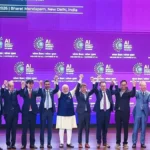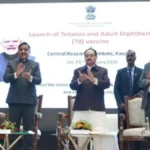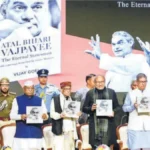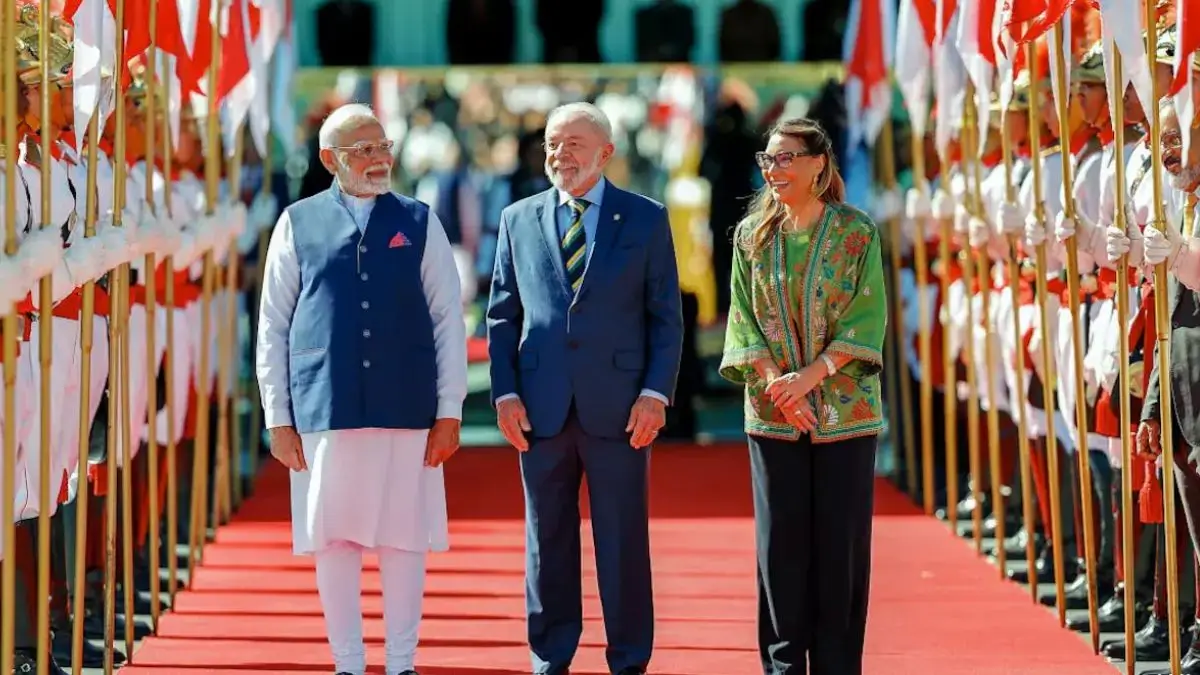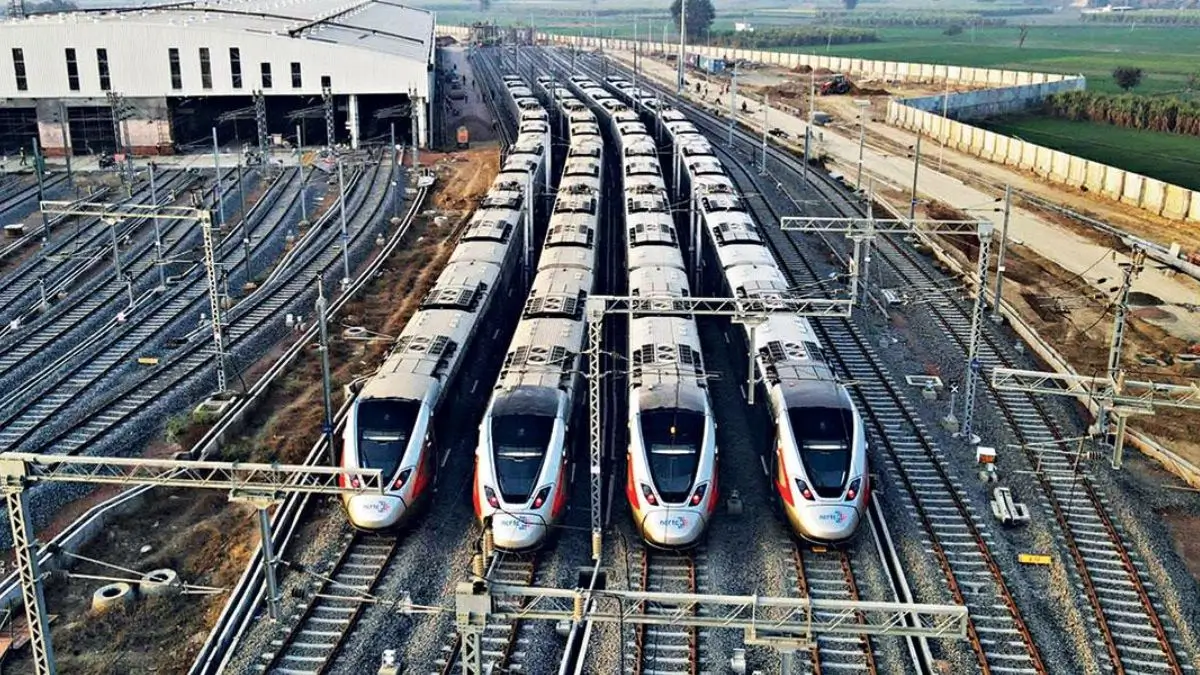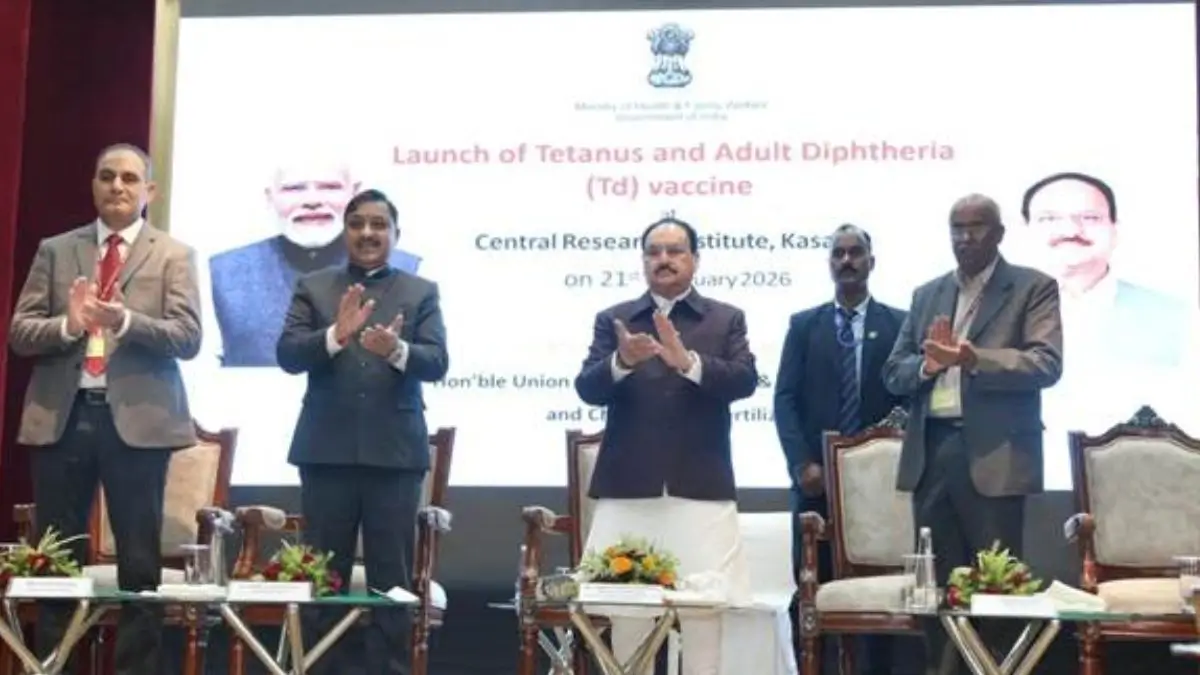BMW and UNICEF Collaborate to Empower Rural India with STEM Education
BMW, a global leader in automotive innovation, and UNICEF, a renowned international organization committed to children’s rights, have recently announced a significant collaboration aimed at empowering rural India with STEM (Science, Technology, Engineering, and Mathematics) education. This partnership seeks to bridge the educational gap and provide access to quality learning experiences for children in remote areas, especially girls, who often face barriers to education due to social and economic constraints.
The Role of STEM Education in Rural Empowerment
STEM education has emerged as a powerful tool for addressing the socio-economic challenges faced by rural communities. By introducing young students, particularly in rural areas, to the concepts of science, technology, engineering, and mathematics, this collaboration aims to enhance their problem-solving skills and critical thinking abilities. The initiative is designed to help students gain knowledge that will open doors to a variety of future career opportunities in fields that are increasingly shaping the global economy.
This partnership is not just about academic learning; it also aims to foster an entrepreneurial mindset, encouraging students to explore innovative solutions to challenges in their communities. By providing access to resources such as digital tools, mobile learning platforms, and teacher training programs, the collaboration will enhance the learning experience and enable students to engage with the modern world of technology.
Focus on Girls’ Education and Gender Equality
One of the major objectives of this collaboration is to promote gender equality in education. In many rural areas of India, girls often face significant barriers to accessing quality education due to deep-rooted social and cultural norms. The initiative aims to specifically target these challenges by offering girls in rural communities the opportunity to pursue STEM education, an area where female representation is traditionally low. By focusing on empowering girls, this project will contribute to reducing the gender gap in education and encourage more women to pursue careers in STEM fields.
Leveraging Technology for Education
BMW and UNICEF are using technology as a catalyst for change. Mobile learning platforms, digital resources, and online courses will be part of the program, allowing children in remote areas to access high-quality educational content. This technology-driven approach not only helps overcome geographical barriers but also provides a flexible learning environment where students can learn at their own pace.
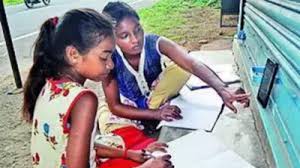
Why This News is Important
Transforming Education in Rural India
This collaboration between BMW and UNICEF marks a significant step towards transforming education in rural India. Despite improvements in education over the years, many rural areas still face challenges like inadequate infrastructure, a shortage of qualified teachers, and limited access to resources. By focusing on STEM education, this initiative addresses these gaps, providing students with the tools and skills they need to succeed in the modern world.
Promoting Gender Equality in Education
This partnership’s emphasis on girls’ education is crucial for empowering women and promoting gender equality in rural areas. By equipping girls with the knowledge and skills needed for future careers in technology and engineering, the initiative challenges traditional gender norms and opens up new opportunities for young women.
Bridging the Urban-Rural Divide
The digital tools and mobile learning platforms introduced by BMW and UNICEF aim to bridge the urban-rural divide in education. Urban areas have more access to modern education and technology, while rural areas often lag behind. This collaboration ensures that children in rural areas can benefit from the same educational opportunities as their urban counterparts.
Creating Future Leaders in STEM
By encouraging students to explore STEM subjects from an early age, the program is helping to create the next generation of leaders in science, technology, and engineering. This initiative aligns with India’s broader goal of building a skilled workforce in STEM fields, which is essential for the country’s future economic growth and technological advancements.
Historical Context: Background of STEM Education in India
STEM education in India has seen increasing importance over the past few decades as the country strives to build a competitive, knowledge-based economy. However, while there has been significant progress in urban areas, rural regions still face substantial challenges in terms of access to quality education. These areas suffer from a lack of infrastructure, digital resources, and trained educators. The Indian government has made various efforts to address these issues, such as launching the Digital India campaign, which focuses on improving digital literacy, and the National Policy on Education, which aims to provide equitable education to all children.
The collaboration between BMW and UNICEF represents a significant private-sector contribution to the Indian government’s educational initiatives. By focusing on STEM subjects, which are pivotal for the country’s future growth, the initiative aligns with India’s vision of becoming a global leader in innovation and technology.
Key Takeaways from “BMW and UNICEF Collaborate to Empower Rural India with STEM Education”
| Serial Number | Key Takeaway |
|---|---|
| 1 | BMW and UNICEF have partnered to promote STEM education in rural India. |
| 2 | The initiative aims to empower girls by providing them with access to STEM education, reducing gender gaps. |
| 3 | Digital tools and mobile learning platforms will be used to enhance educational access in remote areas. |
| 4 | The collaboration aligns with India’s broader goal of building a skilled workforce in technology and engineering fields. |
| 5 | This partnership helps bridge the urban-rural divide in education, providing equal opportunities for rural children. |
Important FAQs for Students from this News
1. What is the purpose of the collaboration between BMW and UNICEF in India?
The collaboration aims to empower rural India through STEM (Science, Technology, Engineering, and Mathematics) education, providing young students, particularly girls, with access to quality educational resources and learning opportunities.
2. How will the partnership impact girls’ education in rural India?
The initiative focuses on promoting gender equality by specifically targeting girls in rural areas, providing them with opportunities to pursue STEM education and breaking the traditional barriers that prevent them from accessing quality education.
3. What is the role of technology in this educational initiative?
Technology will play a key role in the initiative by providing mobile learning platforms, digital tools, and online courses, which will help children in remote areas access high-quality educational content and learn at their own pace.
4. Why is STEM education important for rural India?
STEM education empowers students with critical thinking, problem-solving, and technical skills, which can help them secure future employment in the fast-evolving fields of science, technology, and engineering, contributing to overall socio-economic development.
5. How does the partnership help bridge the urban-rural divide in education?
By leveraging digital tools and mobile learning platforms, the collaboration ensures that children in rural areas have access to the same educational opportunities as those in urban centers, thereby reducing educational disparities.
Some Important Current Affairs Links





